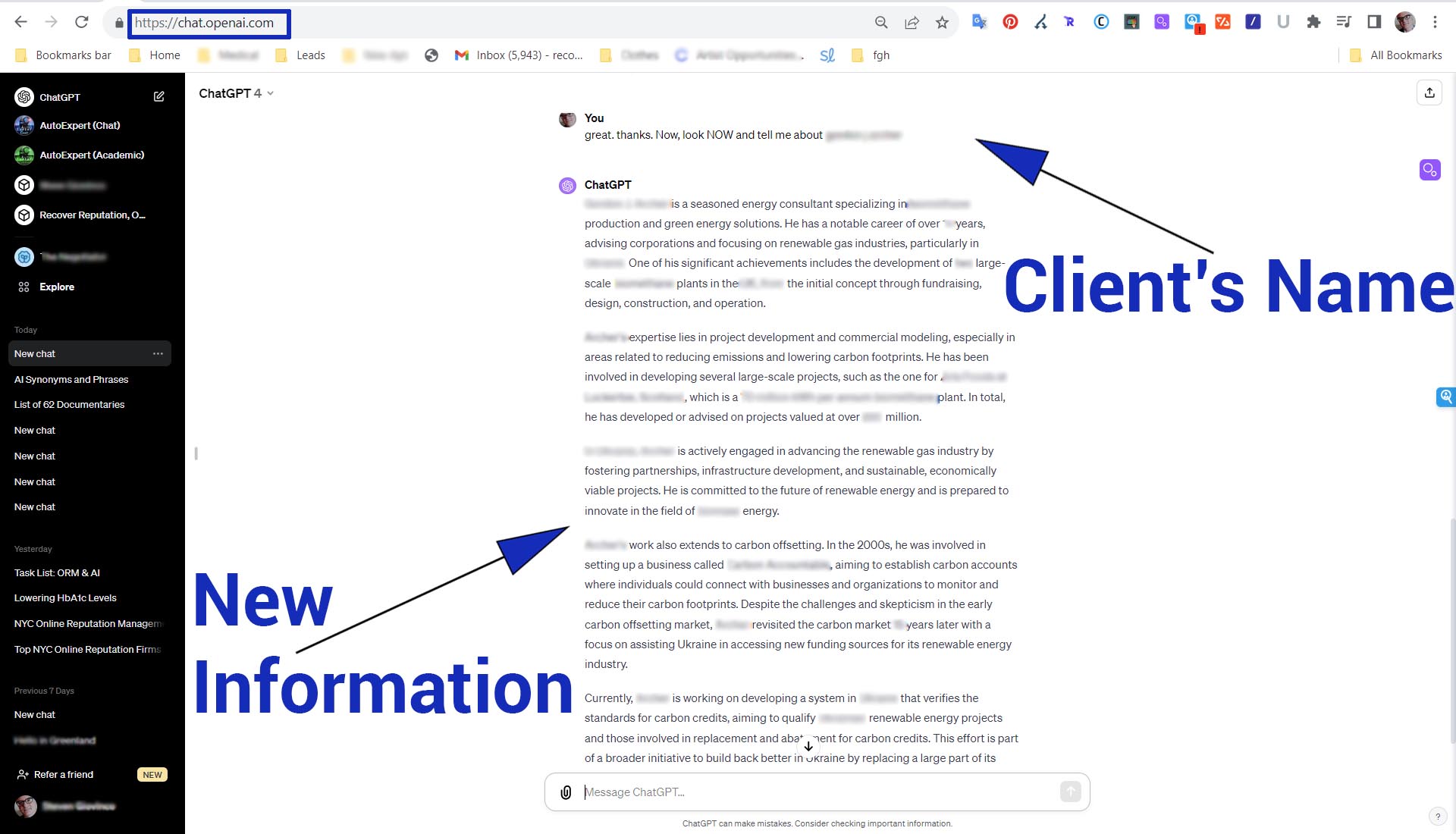Last Updated on August 2, 2023 by Steven W. Giovinco
Why Galleries, Museums, Dealers, Collectors, Auction Houses and Artists Need Online Reputation Management
See Related Article: Online Reputation Management and Social Media for Art Galleries
The hushed “white cube” galleries of Chelsea or auction show rooms of London, still doing multi-million dollar business with a handshake, are being thrust into contemporary times with the advent of social media and online reputation management.
Galleries, museums, auction houses, dealers, collectors, art fairs and even artists—like any business—are brands, too. And what is said about them online is their online reputation.
This includes articles that show up in Google searches, as well as blogs; Tweets, Facebook, LinkedIn posts; comments on art related sites; and other electronic “chatter.”
Since many transactions are private and hardly broadcast, or are often behind the rarified backrooms on Twenty-Second Street, the East End, or at Frieze, why would it really matter what someone says on the internet?
After all, buying art is a very personal experience. Unless you have already seen the piece, rarely do you go to a web site to purchase a unique work (even with editions, such as prints or photographs, you need to see the condition before buying).
However, there are many ways a negative internet post can impact the art world.
Spreading Artist Scandal
For example, a prominent artist (with well known parents) could be negatively impacted by a personal or other scandal. Word of this spreads, impacting collectors who start to wonder: is it worth dealing with this? Is the artist unstable or will be sidetracked from creating their work? It could also spread to the other family members, who could innocently be dragged in.
Gallery Lawsuit
Or a dealer could be involved in a lawsuit over provenance. This might be well known in small circles or even reported in the Times, but having several negative links showing up on the first page of Google—above the gallery’s site and artists—could easily give a collector pause and re-think dealing with them, resulting in lost sales.
This could be sizable, even if its one piece (figure that an established emerging artist’s work might sell for $10,000 to $50,000; an established or “blue chip” artist could sell work above $100,000). The impact could be devastating.
Discrediting of Gallery Competitor
Or two galleries working in the secondary market could have work by the same artist, and one being disreputable, could create an anonymous campaign discrediting the competitor as selling fake or inferior works. Posted on sites such as Ripoffreport.com can be damaging and hard to remove since this could spread to other sites.
Museum Deaccessioning
Or in an effort to raise capital, a museum decides deaccessioning a very prominent painting or group of works are the only options to save the overall collection. The resulting attention spread online through blogs and social media result in the institution being perceived very negatively, which could impact attendance or art donations.
Web Savvy Young Collectors
Finally, one of the reasons for the large growth of the contemporary art market is the raise of young collectors, who are web savvy, and often look to Google for reviews, tips, or other information about both an artist and gallery.
The Bottom Line
So, even though most art deals are private, a negative online reputation could result in lost sales or worse—closed doors.
See Related Article: “Each Negative Link or Review Loses 30 Customers or $30,000.”




1 thought on “Online Reputation Management for the Art World and Why It Matters”
This is fantastic to learn about and is helpful for the artworld and galleries.